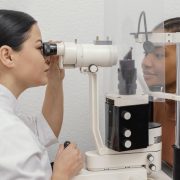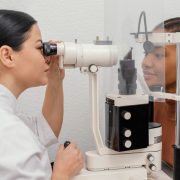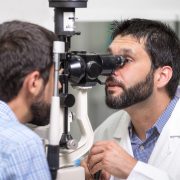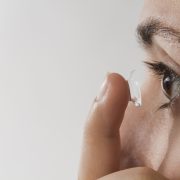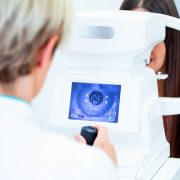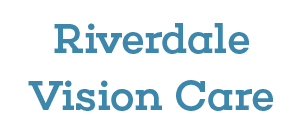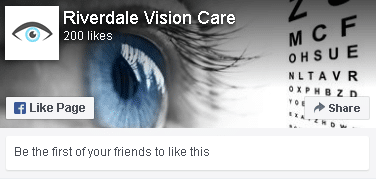Vision Exams Vs. Comprehensive Eye Exams: What’s the Difference?
When you make an appointment with your eye doctor in Riverdale, NJ, you may be asked if you need a vision exam or a comprehensive eye exam. To some people, this procedure may sound like the same thing. If you’re not sure which type of exam you need, it’s important to know the difference. Here’s what to know about both types of exams, so you can pick the right type of exam for you.
What is a vision exam?
During a standard vision exam, the eye doctor will take time to check your visual acuity, to determine if you need corrective lenses. Vision exams focus primarily on determining how clearly you can see objects up close and in the distance, and if you have vision impairment, how severe it is.
During the eye exam, your eye doctor may also look into your eyes and assess your eye health. If you need prescription lenses, the eye doctor will write you a prescription. You can use this prescription to find the glasses that are right for you.
What is a comprehensive eye exam?
A comprehensive eye exam is a much more thorough examination of your eyes and eye health. During the comprehensive eye exam, the eye doctor will check for conditions like glaucoma. To do this, the eye doctor may dilate your pupils and look inside your eyes.
During the comprehensive eye exam, the eye doctor will also check your vision to determine if you need corrective lenses. Once you’re finished with the comprehensive eye exam, you’ll know how healthy your eyes are and whether you need glasses.
Which type of exam do I need?
Most people need vision exams regularly, and comprehensive eye exams only occasionally. Some people, like people with diabetes, need comprehensive eye exams regularly. If you are at high risk for any eye conditions, your eye doctor will let you know if you need a comprehensive vision exam (and how often).
Do you need a comprehensive eye exam in Riverdale, NJ? Call Riverdale Vision Care to make your next appointment. Our eye professionals will be happy to help. We also have a large showroom with many glasses to choose from, so you can find the right pair of corrective lenses for your tastes.

